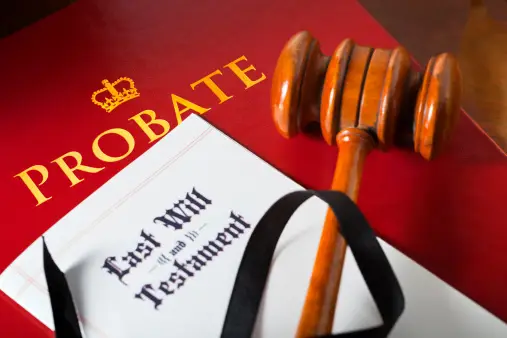The Importance of Having a Last Will and Testament
A last will and testament is essential for anyone looking to ensure their wishes are honored after their passing. It serves as a legally binding document that outlines how a person’s assets will be distributed, who will care for any minor children, and other important decisions regarding their estate.
Without a will, the state will determine how your assets are distributed, which may not align with your wishes. For example, if you have specific items of sentimental value, a will allows you to designate who receives these items, providing clarity and preventing potential disputes among family members.
Understanding the Probate Process in Texas
The probate process in Texas involves validating a deceased person's will and administering their estate according to the law. This process can seem daunting, but understanding its steps can help alleviate concerns regarding estate management.
In Texas, probate typically begins with filing the will in court, followed by a series of legal steps that include notifying heirs, inventorying assets, and settling debts. It's important to note that not all estates require probate, especially smaller estates or those with certain types of assets, which can be addressed through alternative methods.
Common Mistakes to Avoid When Drafting a Will
Drafting a will is a critical step in estate planning, but many people make common mistakes that can lead to complications later on. One frequent error is failing to update the will after significant life events such as marriage, divorce, or the birth of children.
Additionally, not having witnesses sign the will or failing to clearly specify the distribution of assets can result in legal challenges. Consulting with an estate planning attorney can help ensure that your will is comprehensive and legally sound, thus preventing issues for your loved ones in the future.
How to Choose an Executor for Your Will
Choosing an executor for your will is a vital decision that can impact the administration of your estate significantly. An executor is responsible for carrying out the terms of your will, managing your assets, and ensuring that your wishes are fulfilled.
When selecting an executor, consider someone who is trustworthy, organized, and capable of handling financial matters. It's also wise to discuss this responsibility with the person beforehand to ensure they are willing to take on the role, which can sometimes involve complex legal and financial tasks.




